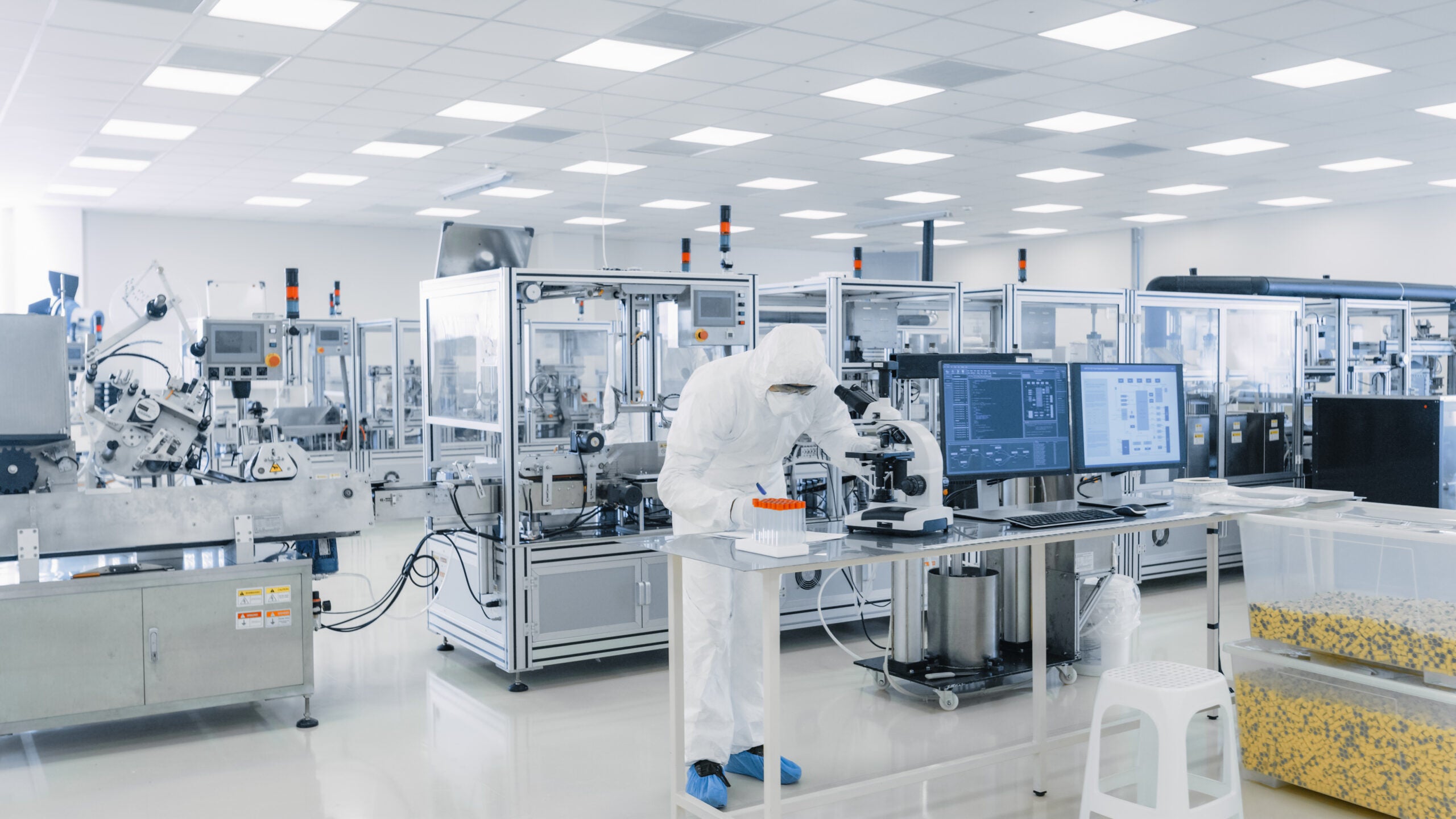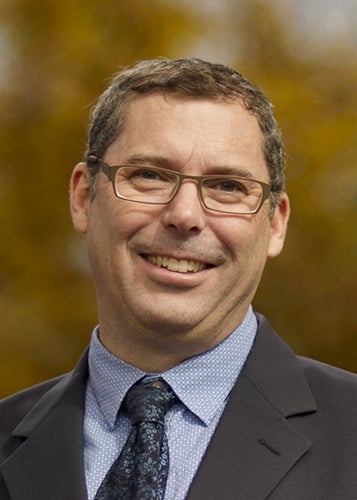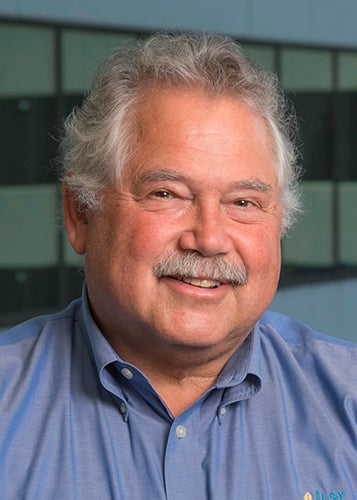Program Overview
The design and construction of a laboratory, regardless of its use, involves many stakeholders. While providing a safe environment for laboratory users to perform their work is imperative, competing stakeholders’ needs often cause health and safety considerations to be overlooked.
Participating in Guidelines for Laboratory Design: Health and Safety Considerations will help you address this issue by providing you with an understanding of how lab design options impact the health and safety of laboratory users and the environment. With this knowledge, you will be able to incorporate the needs of all stakeholders and ensure your labs are safe, free of health hazards, and promote a healthier environment.
Participants in this program will explore and address health and safety considerations for diverse laboratory types and gain the skills they need to create a safe laboratory environment. This program covers general laboratory design challenges, as well as issues specific to chemistry, microelectronics clean room, engineering, animal, biosafety, clinical, and sustainable laboratories. Participants also address issues with new laboratory construction, renovation, and decommissioning. Implications of COVID-19 on laboratory design will also be discussed.
This course provides a unique opportunity for architects, EHS professionals, engineers, lab users, and lab managers to collaborate on laboratory design.
Guided Laboratory Tours
The online version of this program will feature three laboratories. You will participate in a virtual tour of Harvard’s newly completed Science and Engineering Complex and hear directly from the building’s designers and EHS professionals. You will also learn about Boston Children’s Hospital’s Clinical Laboratory and the MIT.nano building.
The on campus version of this program features guided tours of chemistry, clean room, nanotechnology, clinical, biosafety, and animal research laboratories at leading academic and medical institutions in the Boston area. These tours help reinforce concepts taught during the course and ensure you leave able to apply what you learned to your organization’s facilities and projects.
Previous guided tours have included:
- Open labs at the MIT Koch Institute
- Animal labs at the MIT Koch Institute
- Clean rooms at Harvard University
- Chemistry research laboratory renovations at Harvard University
- Clinical laboratories at Brigham and Women’s Hospital
Guidelines for Laboratory Design
For most architects, engineers, and constructors, building codes are the only significant guide on matters of health and safety. Few have any background for intentionally designing for health and safety in laboratories and other technical facilities.
When practitioners move beyond basic building codes to frameworks such as Sustainable Design, health and safety may be compromised further as another design consideration takes priority. By designing to code and not directly addressing the specific health and safety issues present in laboratories, architects, engineers, and constructors open themselves to potential professional, reputation, and legal liabilities.
This program will provide you with the requisite knowledge to thoroughly and proactively design for health and safety.
Credits and Logistics
Please note: a laptop or other portable personal computing device is strongly recommended for course enrollees.
Accommodations
June 2024
The Inn at Longwood Medical
342 Longwood Avenue
Boston, MA 02115
TEL: (617) 731-4700 FAX:
$289/night + 16.45% tax
Book Online
Conveniently located in the Longwood Medical Area, a 5 minute walk to the classroom.
A limited number of rooms have been reserved at a reduced rate until May 17, 2024. These rooms are available on a first-come, first-served basis. Please be advised that hotels in the Boston area can sell out very quickly. We recommend making your hotel reservation as soon as you receive registration and payment confirmation. Please mention group code GFLD2024 and Harvard T.H. Chan School of Public Health to receive the special rate.
June 2025
Please check back for updated information.
Program Check-in
Harvard T.H. Chan School of Public Health
FXB Building
651 Huntington Avenue
Boston, MA 02115
617.432.2100
The program takes place at the Harvard T.H. Chan School of Public Health, located in the heart of the Harvard Longwood Campus in Boston. Public transportation is also readily available to the city’s many shopping districts, museums, and restaurants.
For directions, please click here.
Continuing Education Credit
Harvard T.H. Chan School of Public Health will grant 3.8 Continuing Education Units (CEUs) for this program, equivalent to 38 contact hours of education. Participants can apply these contact hours toward other professional education accrediting organizations.
The American Academy of Health Physics will grant 38 Continuing Education Credits for completion of this course.
The Harvard T.H. Chan School of Public Health is a registered provider with the American Institute of Architects Continuing Education Systems. This program is designated for 32.5 LU Hours. In order to receive credit, participants must attend all sessions.
All credits subject to final agenda.
All participants will receive a Certificate of Participation upon completion of the program.

The Harvard T.H. Chan School of Public Health has an Education and Research Center (ERC) funded by the National Institute for Occupational Safety and Health (NIOSH).









